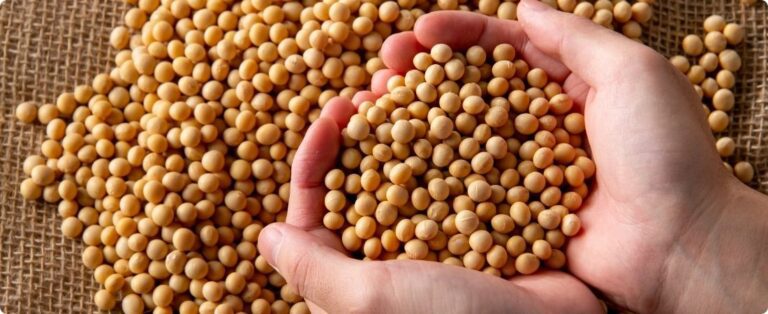
The Argentine government has suspended, until further notice, new applications for export licenses for grains and oilseeds, amid speculation about possible economic measures by the country's new president, Javier Milei, as reported by AgriCensus.
At 5pm local time on December 11th, they officially implemented the suspension after a day of high sales of corn. Exporters, anticipating a possible devaluation of the local currency to be announced in the December 12 report, sought to pay export taxes at the current exchange rate of 360 pesos/US$.
Corn export licenses reached 1.7 million tons on December 11, reaching a peak of 2 million tons on December 6, according to data from analyst Javier Preciado Patiño.
Patiño, speaking to AgriCensus, expected exports to reach 36-38 million tonnes as Argentina sows the 2023/24 corn crop. Argentina's total corn harvest is expected to be 50 million tons, according to the Buenos Aires Grain Exchange (Bage).
Argentina considers changes to export taxes on agricultural products
At the time of reporting, export rates were: 33% for soybeans, 31% for soybean meal and 12% for soybean oil, corn and wheat.
Since Milei's election on November 19, applications for export licenses (DJVEs) through December 11 totaled 10.2 million tons. Mainly for corn (7.6 million tons) and soybean meal (1.4 million tons), according to the report. This represented US$ 2.8 billion, resulting in US$ 552 million in export taxes.
The government could generate significantly higher tax revenues by devaluing the peso, as noted by AgriCensus. They implemented the suspension of new export taxes. This measure aims to temporarily stop sales. The objective is to obtain greater revenues after the resumption of export licenses. A new value would be set for the weight.
Most sources familiar with the matter expected taxes to remain unchanged in the near term. The report suggests the possibility of adjustments in taxes for the soybean complex. Furthermore, the feasibility of increasing rates applied to grain exports is being considered.
Source: Oils & Fats International















